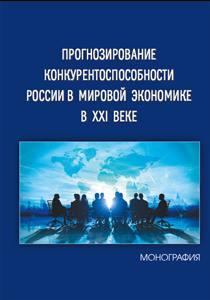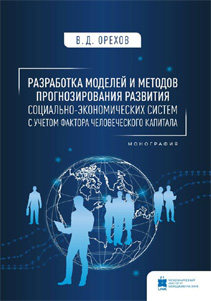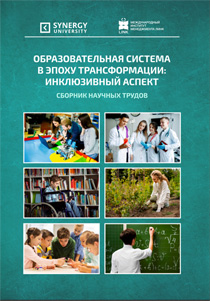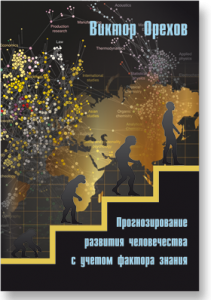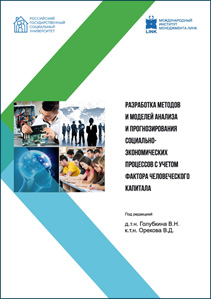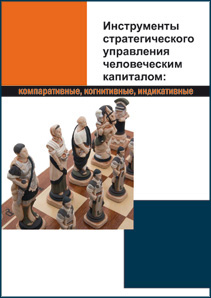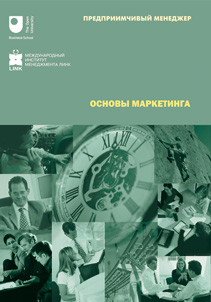
Genetic research proves that from 150,000 to 200,000 years ago the population of homo sapience reduced to its minimum of about 10,000 people. It is due to such a bottleneck passed by humanity that now we are so homogeneous genetically. That time may be called the time when there was a woman we call Eva.
Research proves the amount of knowledge is proportional to the population size so passing the bottleneck should have resulted in the loss of knowledge by people and to restore it would have meant another million-year development course.
In what way contradictions between genetic data and knowledge enrichment pattern may be resolved? One of the hypotheses suggests the lost knowledge was acquired from Neanderthals or another ancient primogenitor population (chapter 6). However afterward they also got into a bottleneck due to a volcanic supereruption and were unable to restore their population.
An alternative version suggests people had already got language and thinking that time and luckily saved them even within a very small population so that they were able to restore human knowledge quickly.

 Published in
Published in  Метки:
Метки: 